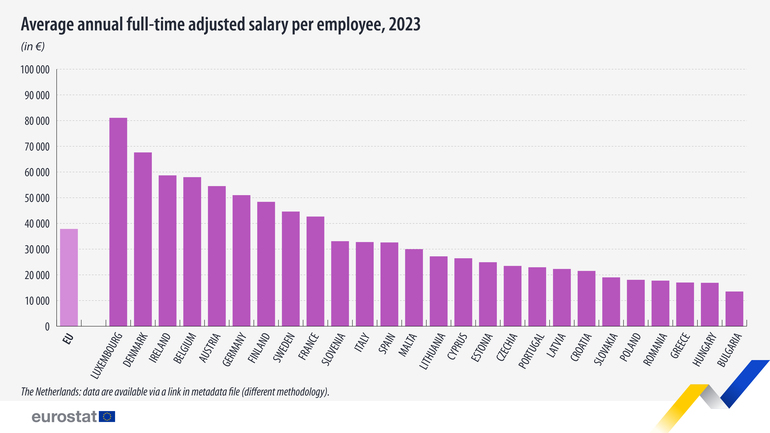For bank clients, the year 2009 “has put a lock” on the financing door. The balance of individual loans rose insignificantly compared to previous years, and is supported only by the government’s First Home program. Corporate clients are either avoiding knocking on bank doors, or have yielded to very drastic new financing conditions.
“The year 2009 has demonstrated that the state of expectation, of loan blockage, means that the crisis will be increasingly costly. Everywhere in the world, the banking system is paying the bulk of the crisis costs,” said Radu Graţian Gheţea, President of CEC Bank.
Bankers indicate that bankruptcies and involvencies, processes on a monthly rise, cannot but mean losses for financing banks. The National Trade Register Office (ONRC) reported that 17,670 companies have been dissolved, meaning a staggering 423.40 percent rise, compared to the same period last year. Over 127,000 companies suspended their activities, while 39,371 submitted to voluntary deregistration this year.
“We must do something to ensure that we have money to pay the crisis bill, because it is becoming increasingly difficult for us to foresee doing this. This bill cannot be paid by banks if they are lending only lto companies in their portfolios,” added Gheţea.
On the other hand, Dan Pascariu, President of the Board of Directors of UniCredit Ţiriac Bank, said that banks were the first entities to begin adjustments, although this was a painful process for some clients, in the form of higher interest. “Bankruptcies are an ongoing process.
To a great extent, banks also have clients that cannot survive. The crisis period is in fact a period of adjustment, in which some clients survive, while others won’t,” added Pascariu.
Liliana Solomon, CEO of Vodafone, said that next year will continue to be one filled with challenges for companies in Romania. “We will be faced with many firsts, and it is likely that every manager will have to make decisions based on what he estimates to be happening around him.
The investment horizon will be much closer, because the future is unpredictable,” added Solomon.



